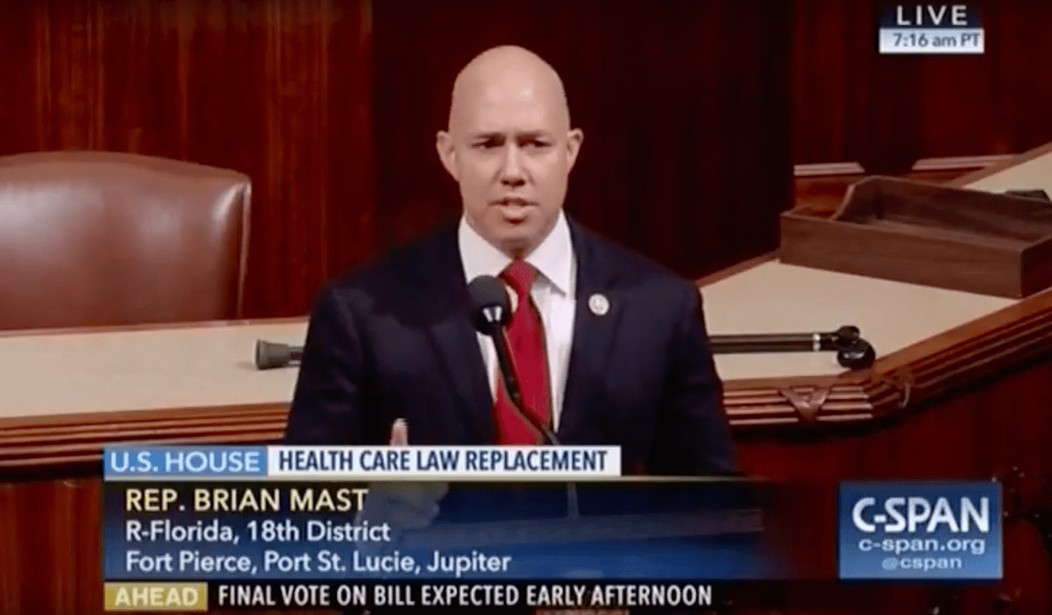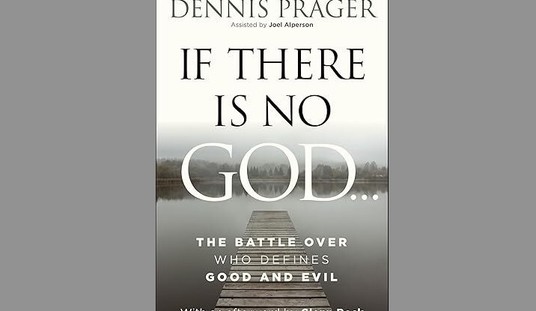Last week’s controversy over President Donald Trump’s call for his State Department to examine South Africa’s coming land reform policy — in which white farmers purportedly are to have their farmlands seized — recalled a similar tragic situation in neighboring Zimbabwe in the early 2000s.
Fox News host Tucker Carlson apparently started the ball rolling when he reported on South Africa’s plan to begin expropriating white farmers’ land. Carlson drew comparisons with a similar program in Zimbabwe 20 years ago that led to economic collapse and hunger there. The president apparently took his cue from Carlson; the talk show host called on the U.S. to take a human rights stand on the basis of how things turned out then in Zimbabwe for both blacks and whites. All of this has been portrayed elsewhere as “dog-whistling” to alt-right nationalists and white supremacists.
Even if the South Africa plan coincidentally excites some racists, Carlson is correct about naming Zimbabwe as the poster child for what can happen down this road. Zimbabwe was that bad — and the United States should put South Africa on notice that it and the whole world is watching if it chooses to follow Zimbabwe down this path.
I know a little about this. Some 17 years ago, while working as a reporter covering federal court systems for the Dallas Morning News, I’d had an interesting connection to the Zimbabwe situation referenced by Carlson. Back then, I heard through my source grapevine that a white family from Africa had arrived in Dallas and was pursuing a U.S. asylum claim. They, because they were white, claimed they had suffered racial persecution at the hands of a black-majority government.
This was classic man-bites-dog stuff, ironic beyond threshold as a news story to a broad general audience far wider than a few white supremacists. Naturally, I jumped all over it. Soon, I was interviewing Dave and Amber Penny and following them in and out of the immigration courtroom.
A little background: Rebels supporting Mugabe and armed by the Soviet Union achieved independence in 1980 for the country once known as Rhodesia, about the size of Montana. Long before apartheid was dismantled in neighboring South Africa, Zimbabwe was seen as a model of how whites and blacks could live together after blacks replaced white minority rule, despite resentment that whites got to keep the nation’s land wealth. White farmers, who made up about 1 percent of the country’s population of 12 million but formed the backbone of its economy, were urged to stay as a minority class protected by law. The arrangement had been supported by the United States for decades, with appropriately little regard for whatever white supremacists in the U.S. might have had to say about it.
Facing severe economic problems and an election, Mugabe changed course in early 2000. He sought to nationalize 4,500 properties — about 95 percent of farmland owned by whites — and distribute the land to supporters. Government militants backed by local police began using squatters to force farmers to sign over their land. By 2001, the first white farmers were killed for resisting.
While Carlson made no mention of murders of white farmers in South Africa, Trump inaccurately did in a tweet. Maybe he was mixing things up with what the Penny family knew happened in Zimbabwe. By the time the squatters got to the 2,300-acre Penny family farm, squatters had killed 77 people and left thousands homeless. Stories of atrocities and violence were getting closer by the day. The Pennys told me the government squatters cut off the nose of a neighbor with a machete when he refused to sign over the deed to his land.
Another farmer was forced to watch as squatters sexually assaulted his daughters, they said.
“We didn’t have any means of protecting our own property because the police were the ones driving all this, and the army,” Amber Penny told me. “You just didn’t know who was going to be next.”
The invasion was sudden and terrifying. More than 100 squatters armed with farm implements drove in on 12-ton trucks. Amber said she hid with the children inside the wall safe of her home, leaving Dave to confront the squatters alone.
“They said they were going to cut my white skin off and roast me,” he said. “They said they wanted the farm.”
Mr. Penny said he signed over half the farm under that kind of threat. For the next several months, about 16 squatters who camped on the property beat laborers, harassed the children, and halted operations as the Pennys pondered whether to stay or go. After the farm’s foreman was tortured, they decided to flee to relatives in the United States.
But that proved problematic, because they were the wrong color.
On four occasions, U.S. officials in Zimbabwe and elsewhere refused to acknowledge that white people could be persecuted. The embassy in Harare, they told me, even refused to provide U.S. visitors visas on grounds that they would try to declare asylum after they arrived. Finally, the Pennys figured out an end run through London to Canada, illegally crossed the northern border and did just that.
A judge granted them asylum — although they kept the deed to their land hoping to go back. A U.S. immigration judge in Dallas awarded the family permanent haven after considering their claim that being white was dangerous in Zimbabwe.
Ironic enough to make press when I wrote it up in December 2001. “Racist” enough to make the newspapers again in 2018.
A lot has changed since then.









Join the conversation as a VIP Member